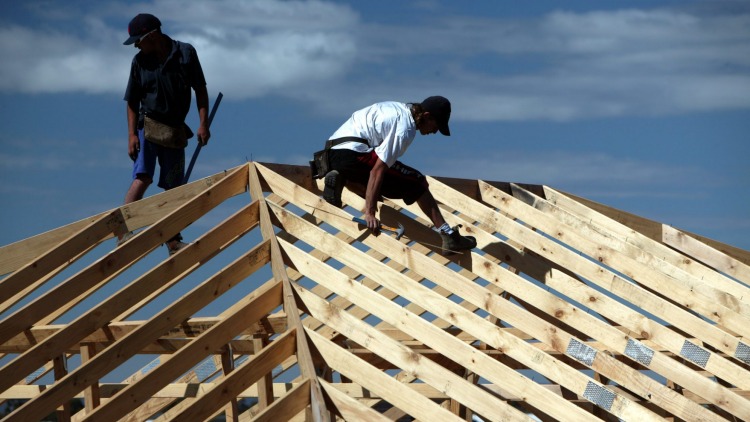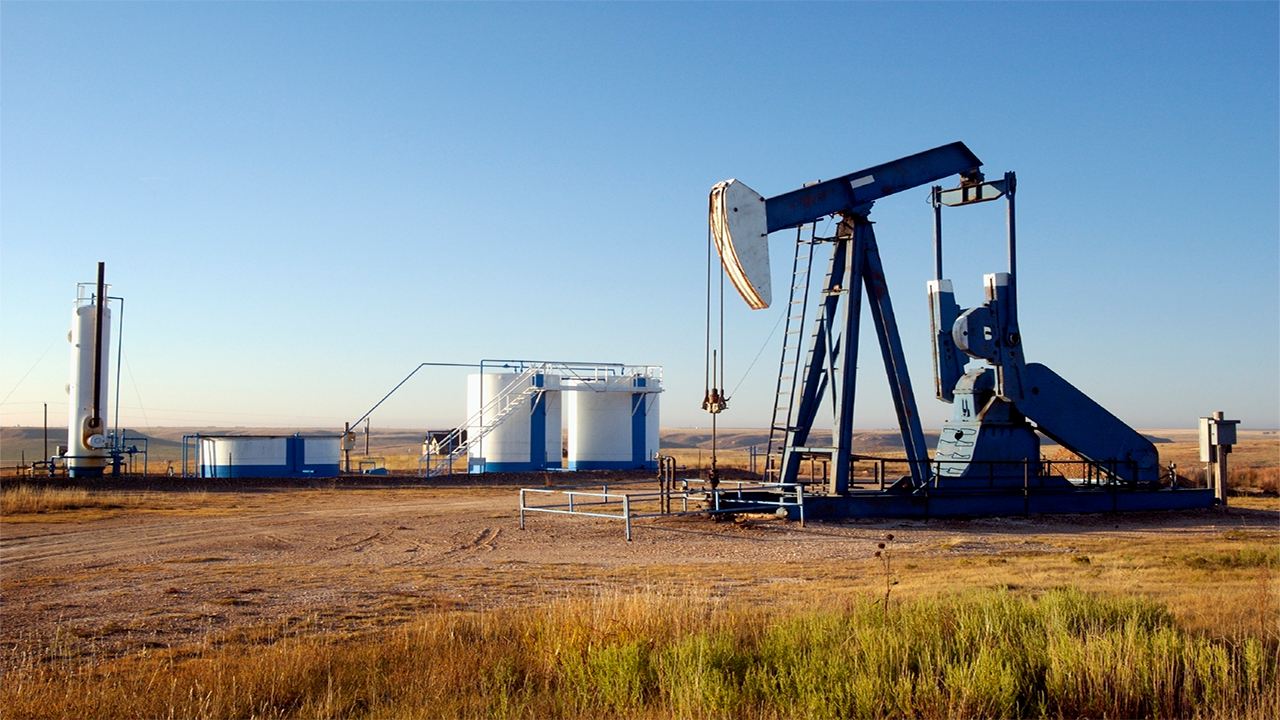- Nigeria Remains Africa’s Biggest Building Materials Market, Says Italian Manufacturer
Nigerian has amazing potential as a market in Africa for sanitary wares and finishing, in spite of the on-going recession, an Italian manufacturer of these products has said.
Mr. Jaime Quintana, Export Manager of Ceramicas Gala S.A, an Italian company that manufactures sanitary products, stated this recently at the maiden edition of professional development training for Architects and other professionals in the nation’s building and construction industry, organised by QMB Builders’ Mart, a building solutions provider.
Other manufacturers’ representatives, who were facilitators at the two-day training session, were Fabrizio Morgantini of Gruppo Treesse; Kina Yang, Product Manager, Fotile Group Overseas Division; Sylvia Chang, Sales representative, Fotile Group Overseas Division; and Mr. Tiger Sun, the Company’s Director.
Market outlook…
The Nigerian market for sanitary wares and finishing is vibrant in all its segments, said the Export Manager of Ceramicas Gala S.A, Mr. Jaime Quintana.
“The Nigerian market has amazing potential; I am sure it is going to be the leading market in Africa, absolutely, and first of all, we are coming to do the export to create the brand awareness and we want to grow with the market in Nigeria.”
Gala, he said has a good distribution network in Northern Africa- Morocco, Tunisia, Algeria, and that before the problem in Libya, they had a very good market and that in the sub-Saharan market, Nigeria was the main market. The company also has presence in South Africa, Tanzania, Kenya, with small business in Benin Republic, Congo, adding that the African continent was the main target for the coming years.
He said Gala has been working in Nigeria for some years now and that they try to satisfy every segment of the market in collaboration with their partner, QMB Builders’ Mart, which takes care of distribution.
He said it was important for them to ensure that only quality products were brought into the country, saying that was the core of their business. “It is not easy to find companies with the highest quality but in this case, Gala is controlling 100 per cent of the pieces, inspecting them one by one before delivery. Our products are of the highest standards. We offer products from the economic segment, middle segment and the highest segment and we try to fulfill of every market.”
He said they guarantee the long-life of the products with five years warrantee because they are sure of what they offer and that they have been working on this for many years in Nigeria with QMB Builders’ Mart, their partner in the market that takes care of distribution.
Good quality, he said was very important in the sanitary ware business, saying that there were many offers. The products offered by the company are mainly bathroom equipment that fulfill all the needs of the bathroom. “We are able to produce, commercialise all the, products in a bathroom, starting from the tiles to the bath tubs, mixers, porcelain, sanitary wares, WCs, wash basins, bidets. These make Gala one of the leading companies in this field worldwide,” said Quintana.
Professional assessment…
The training programme was received by Nigerian professionals as a welcome development. The moderator of the first day training session, Architect Olumide Mefioye said the training helps in introducing professionals to new products in Nigeria, brings them closer to the manufacturers and they get to know what was available elsewhere. “It aids our specification of products and, in our design we need some of these components, which we have been told, are on their websites. I will advise all architects, building professionals and even homeowners as well, to key into this kind of programme.”
Mefioye said what they learnt at the workshop “are not new to us; every year, we are required by our association to have continuous professional education, but this kind of programme broadens our knowledge, enables us to know what is available, what is new and how we can incorporate them into our designs, and as soon as we know what is available we can inform our clients because many clients don’t even aware of the differences between manufacturers.”
He said besides saving costs, there was also a need to know the difference between commercial and domestic products. “At times when you go to some hotels or restaurants or airports, you notice that the WCs don’t last, because they use domestic types. It cuts across all brands of equipment; washing machine, ovens, among others that have commercial and domestic types. This kind of programme enlightens us the specifiers. This saves costs, maintenance time; it may be expensive in the short term but on the long run it would be beneficial if you bought the right type of equipment.”
On the health benefits of these products, he said some of them were made with bacteria resistant organisms, giving example with some WCs that their manufacturing material, silicate, was infused with bacteria resistant/anti-biotic micro-organisms.
QMB Builders` Seminars…
With the institution of the training programme, professionals in the nation`s building and construction industry now have an opportunity to share information with QMB Builders` Mart`s technical partners and manufacturers.
The training is for all stakeholders in the built environment, including upwardly mobile Architects, Mechanical and Electrical consultants, Developers, Builders and Contractors who will interact one on one with QMB`S international collaborators from across Europe and Asia to highlight trending cost- effective innovations in the industry. The operational services of QMB include corporate marketing, retail sales online @qmbmart.com and at showrooms located on Lekki-Epe expressway on the Lagos island and Gbagada on the Lagos mainland.
The Gbagada branch is a purpose –built facility on three floors and is located at Gbagada between Anthony and Oworosoki beside Zenith Bank and KFC, and boast ample parking space.
It is designed as a premium outlet for the urban, medium and high-end customers on the mainland where the customer can source every item required to make a building functional and efficient. Products which include granite, doors, light fittings, ceiling, paints, marble, Jacuzzi, spar, amongst other are available items to clients in the vicinity
“Our methodology carries the customers along from product guide, after sales service and a minimum of two years is the standard warranty for all our merchandise. We stock locally made products of excellent quality tiles and sanitary, solid wood, doors, and kitchen cabinet in well-seasoned, well-finished and uncommon designs. We also stock exquisite wooden doors and fittings, including security doors with wood finishing,” said the CEO, Mr. Ayobami Biobaku.
He said, “We only stock products that give us peace of mind; products that last a lifetime and even beyond for the users”, adding that they have made the kitchen section a lifestyle affair, displaying plates, cutleries, glass cups, and various types of wine, spirits, home appliances, and decorative items, among others.” It is actually designed as a one stop shop for home owners to equip their kitchen and dining area. The service we offer is sales, delivery, and installation for all equipment to the specification of the user.
QMB Builders` Mart Limited is Nigeria`s leading building materials “one-stop shop for Do-it-yourself” (DIY), Buy it Yourself Developers, Builders, Construction Professionals and Home Improvement customers in the Nigerian Property Market.
Biobaku said, “The dream of its founding fathers is to, through multiple outlets, provide credible and sustainable alternative conducive environments, quality products and customer oriented services to the building materials market in Nigeria. We conclude by writing you all to choose QMB – because at QMB, Quality Makes Life Better.”

 Naira4 weeks ago
Naira4 weeks ago
 Naira4 weeks ago
Naira4 weeks ago


 Naira4 weeks ago
Naira4 weeks ago




 Naira3 weeks ago
Naira3 weeks ago
 Commodities4 weeks ago
Commodities4 weeks ago


 News4 weeks ago
News4 weeks ago


 Banking Sector4 weeks ago
Banking Sector4 weeks ago
 Travel4 weeks ago
Travel4 weeks ago
























